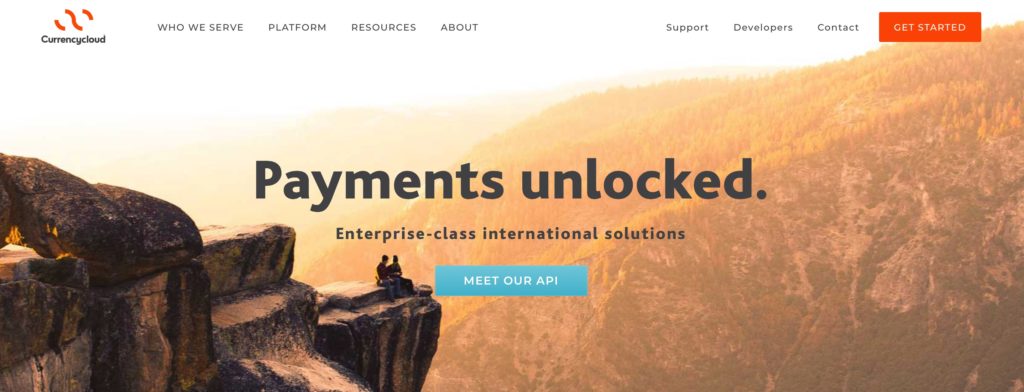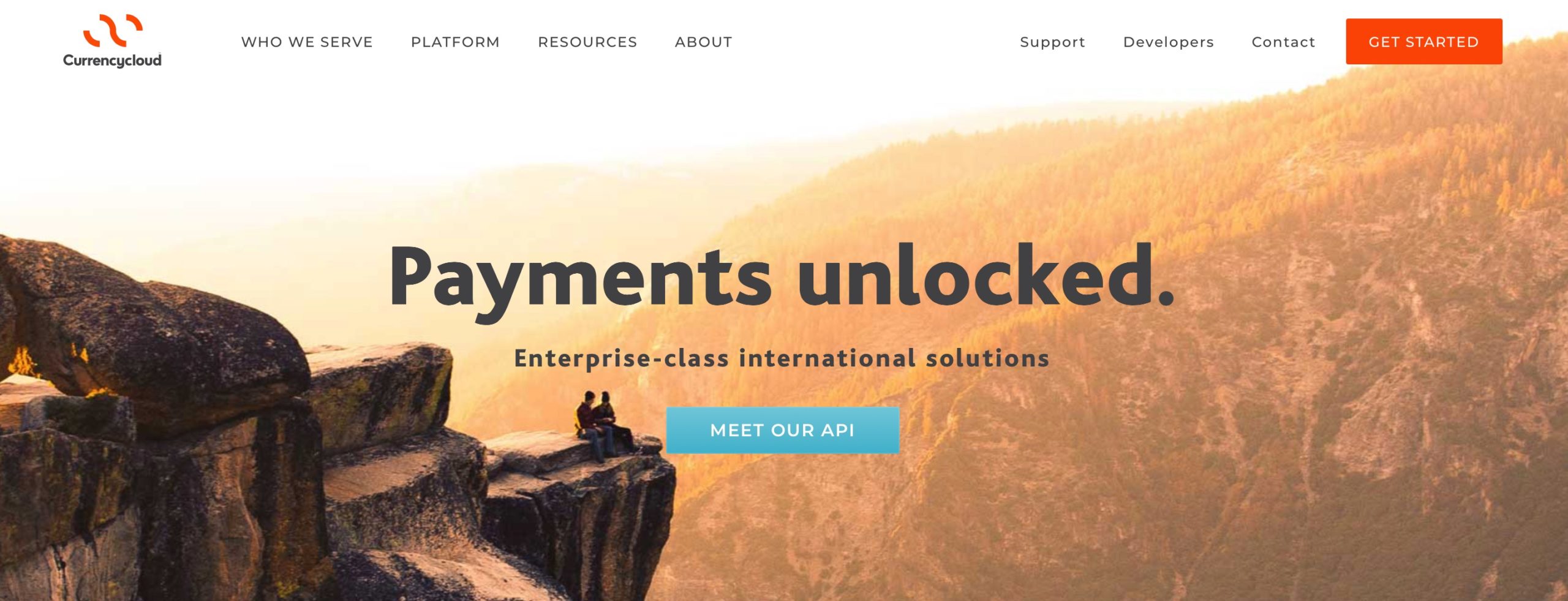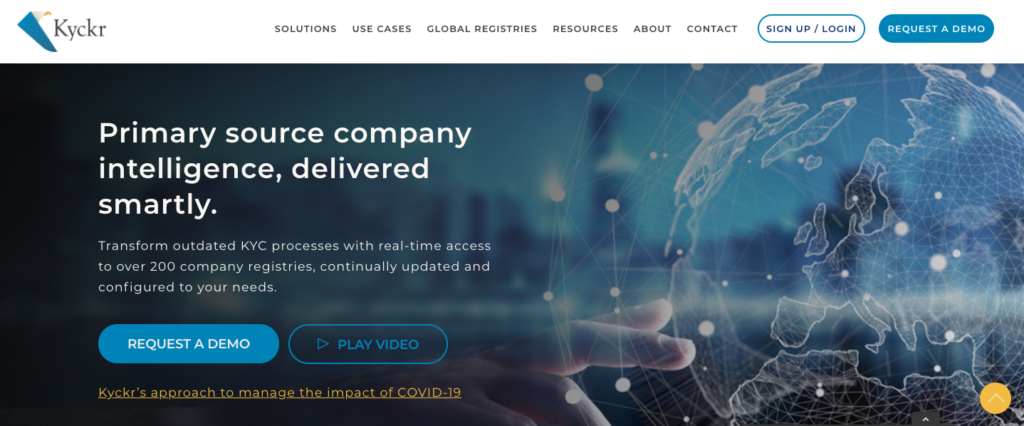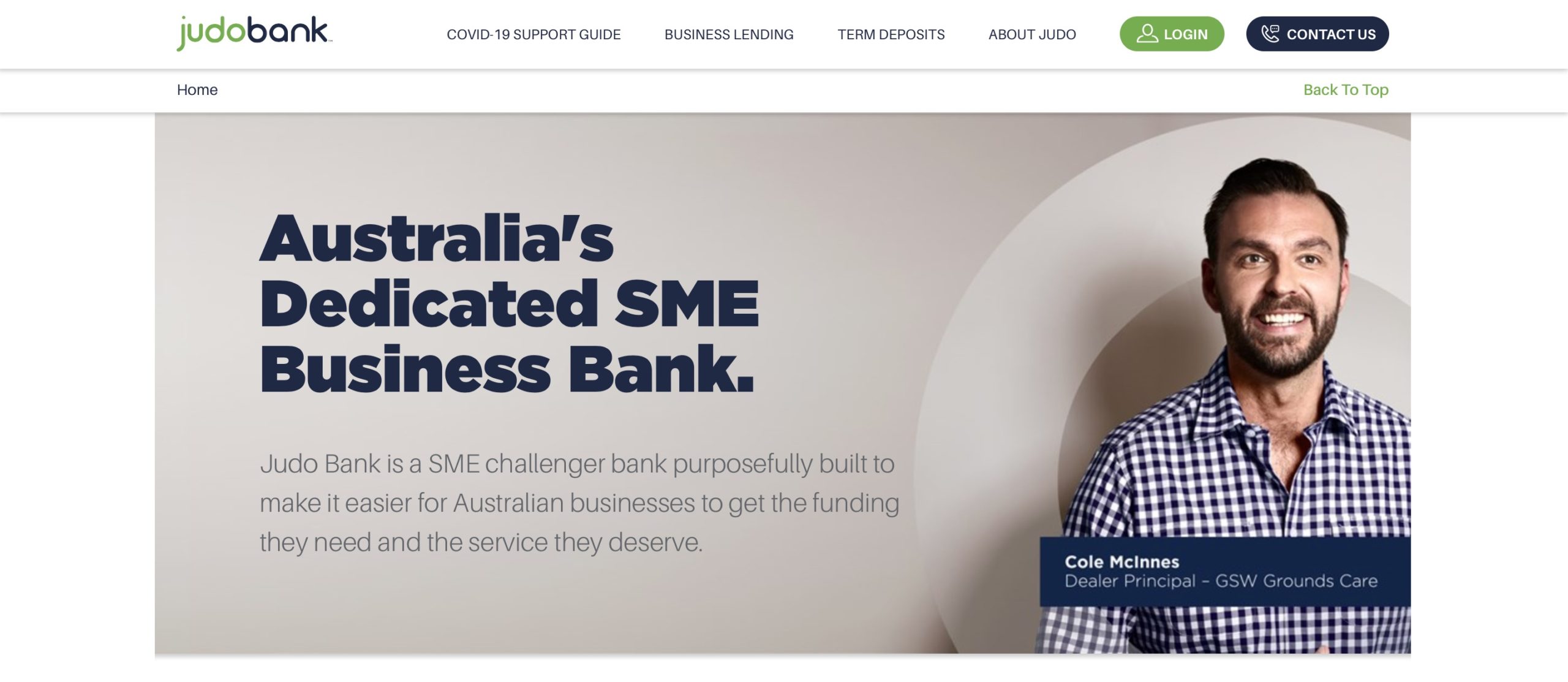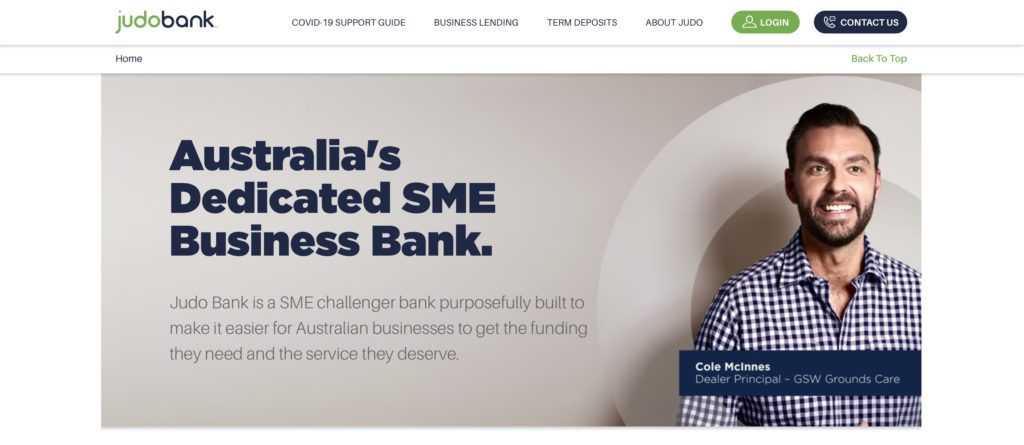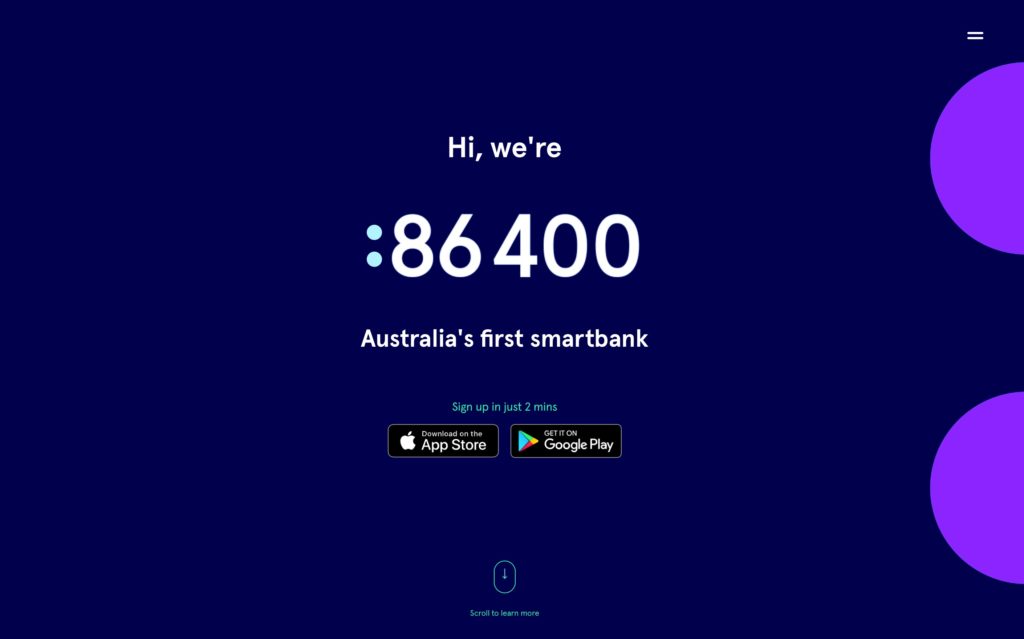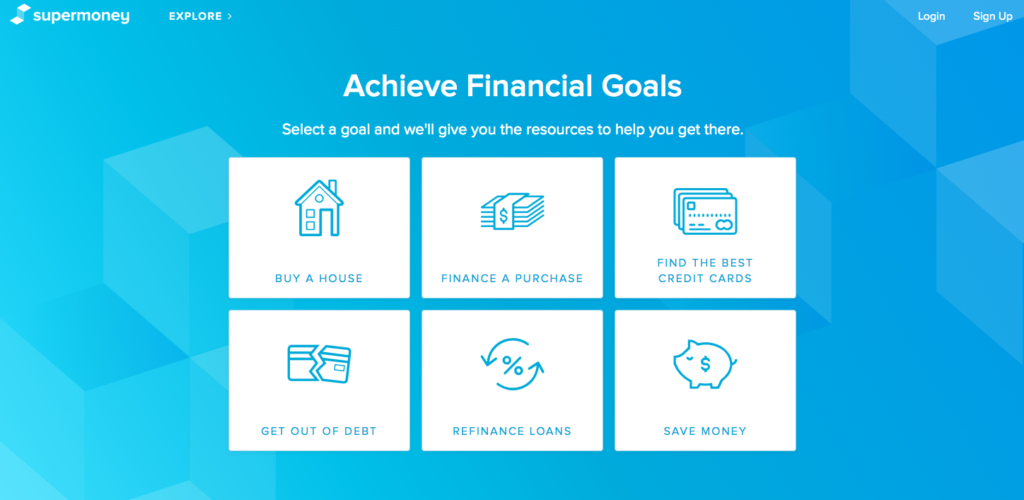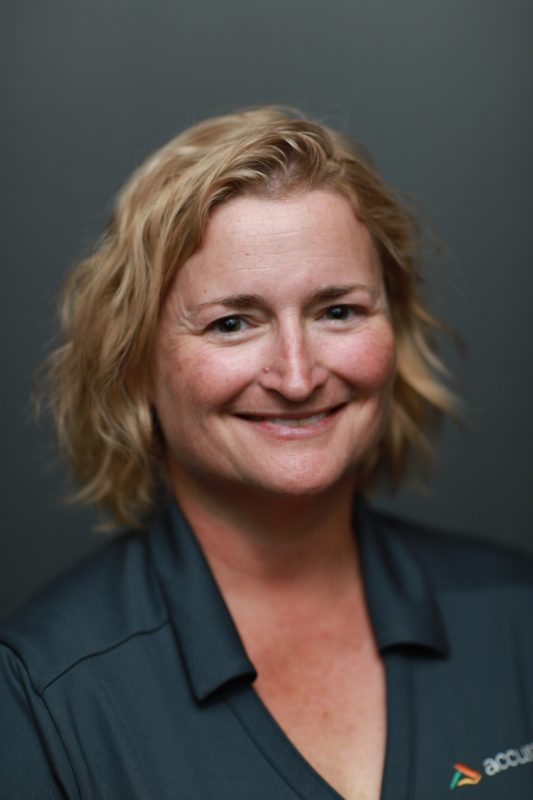This is a sponsored post by Accusoft. For more information on sponsored contributions please email [email protected].
Machine Learning continues to dominate conversations across the fintech ecosystem, but one aspect that rarely gets into the limelight is where the data to train the algorithms actually comes from.
Finovate sat down with Tracy Schlabach, Senior Manager, Product and Customer Marketing at Accusoft to discuss the company’s latest technology, the data challenges they overcame, and why having a symbiotic relationship with their clients drives their strategy.
Finovate: Give us an overview of what FormSuite for Invoices does.
Tracy Schlabach: FormSuite for Invoices is a toolkit for developers that are building invoice processing software solutions. FormSuite for Invoices does the heavy lifting of invoice processing, solving the hard part of finding and extracting data, such as invoice number, purchase order number, total due, line item quantity, line item description, and other data. It is configurable by the developer to extract the data specific to their needs.
Finovate: What are the technical differences between FormSuite for Structured Forms and FormSuite for Invoices?
Schlabach: FormSuite for Structured Forms deals with fixed forms, where the location of the information doesn’t move, such as a tax form, while FormSuite for Invoices deals with what we call semi-structured forms since the locations of certain values might move around the page based on the data.
For example, the “Total Due” field would move down in an invoice that has more line items. While FormSuite for Structured Forms does use AI to identify which form was passed in and to extract the data, the AI is more limited than what is required to process more dynamic content such as invoices.
FormSuite for Invoices uses some of the latest machine learning (ML) to be able to extract data from the line item tables found in invoices. This type of ML is what you hear about most often these days; deep learning with supervised and unsupervised training of a custom ResNet convolutional neural network. This technology “learns” from the changes that users make to the output results. For example, if the Total Due information on ABC Company’s invoice is located in a different quadrant on the document, the user will correct the output information. The ML technology in FormSuite for Invoices learns from these corrections, ultimately increasing confidence values.
A lot of our customers are dealing with both types of forms, structured and semi-structured, so we see people using these toolkits in combination to solve their overall forms processing challenges.
Finovate: What role does Robotic Processing Automation (RPA) play in FormSuite for Invoices?
Schlabach: Both FormSuite for Invoices and FormSuite for Structured forms have been used to serve as a data input source for RPA. When companies are using RPA to automate data entry on legacy systems, that data has to come from somewhere. Before RPA, a data entry person might key data from a piece of paper or from a computer screen into another screen that has the legacy application running on it. RPA performs the typing in place of that person, but now that data has to come from somewhere. If the data isn’t digital, for example, it is on a piece of paper, that paper can be scanned and the data extracted with one of our FormSuite products allowing the RPA robot to type that data into the legacy application.
Document capture and RPA make great partners in this way, automating what was previously a tedious and time-consuming job. Having that data available in systems quicker allows people to have quicker access to the data and make decisions faster. And the people doing the data entry are freed up to do more valuable work.
Finovate: What was the biggest challenge your team had to overcome in launching FormSuite for Invoices?
Schlabach: Line item tables are particularly challenging on multiple fronts. Their format varies a lot. Some have graphic lines surrounding each cell, but some are what we call white space tables which just use spacing to align the rows and columns. All the variation makes it really hard.
In addition, in order to use any ML, you have to have a lot of data to train with. We tried to solve the table detection and recognition using data from the leading research papers in this space, those that were winners of various ML competitions. But, we found they always fell short in some subset of our test data.
Eventually, after working with various algorithms, one of our Principle Engineers identified a way to make a significant improvement in the ML algorithm, and the results are quite impressive. To solve the data challenge, we used a number of unique ideas to source the invoice images and used raw manpower (internal crowdsourcing) to create the “ground truth,” the correct values that are used in training and testing the machine learning.
It was an impressive effort that had the entire Accusoft organization contributing to our training data. We even had our CEO helping with the data creation at one point.
Finovate: Aside from the obvious benefit of saving time on data entry, what other benefits does FormSuite for Invoices bring to an organization?
Schlabach: There are several benefits. With Accusoft specializing in solutions for content processing, conversion, and automation solutions since 1991, developers can focus on their core strengths and let Accusoft handle the heavy lifting of content capture. As a toolkit, FormSuite for Invoices helps developers solve the most challenging aspect of the invoice process: data extraction. By embedding FormSuite for Invoices, developers significantly shorten their product’s time to market.
On the end-user side, automating invoice processing has been shown to contribute many benefits. The data entry, as mentioned, is the obvious benefit. However, companies also see dollar savings by paying invoices sooner and recognizing early payment discounts. In addition, with the speed of business today, having visibility to data is important. Invoice processing automation helps companies see a more accurate picture of their cash flow much quicker.
Finovate: So, what do you see as the next evolution of this technology?
Schlabach: As customers provide feedback, sometimes in the form of challenging images, we make improvements to the technology. That is the symbiotic value we have seen in many of our partnerships for document capture products. When partners report challenging images, we incorporate improvements into our products to better handle those images. We see this in our forms processing solutions, our barcode recognition product, our OCR and PDF products, and our viewer. We continually evolve our products, and as the exposure to documents in the wild increases, our products improve.
We
also see this technology expanding into other semi-structured forms use cases.
Credit card statement processing, bills of lading, and purchase orders are just
a few of the documents that could be processed using this technology. There are
some different challenges in those types of documents, but there are also a lot
of similarities to invoices that we can take advantage of.

